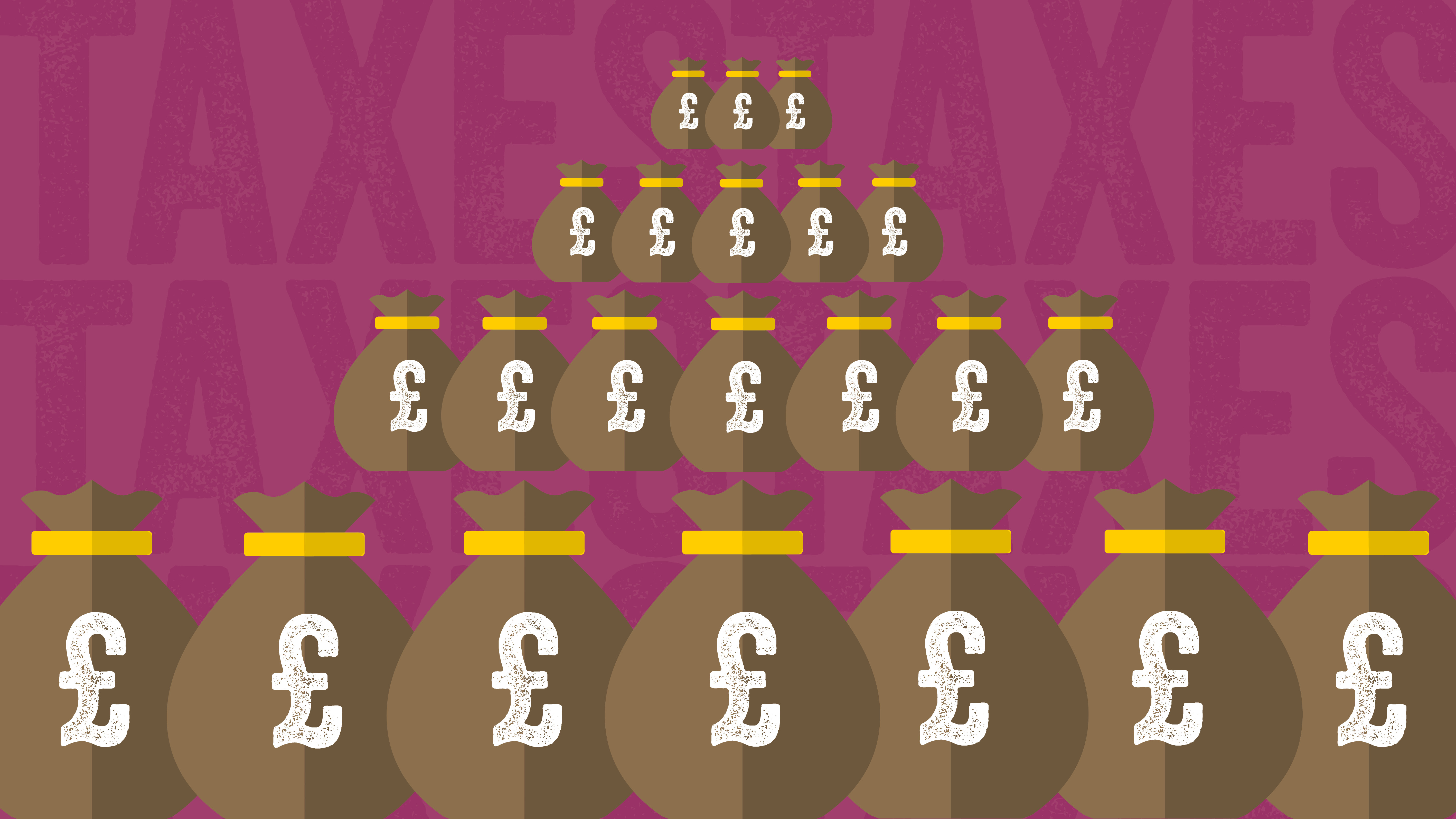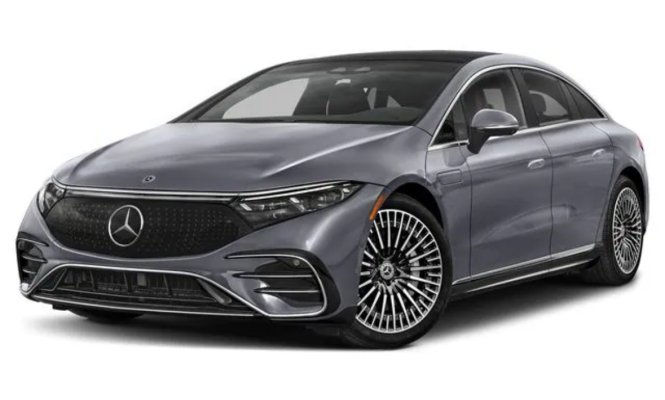Interesting.
Read about research from LSE’s Andy Summers and Arun Advani on taxation, how much the rich pay and whether the UK should have a wealth tax?

www.lse.ac.uk
"The top one per cent pay 30 per cent of all income tax revenues"
(And that's just Income Tax)
According to the ONS the average UK salary was £34,963 in April 2023, and according to the UK Government the average funding allocated to schools for 5-16 year olds was £7,460 in 2023.
If 100% of income tax paid by someone earning the UK average salary (£4,476) was used solely to educate their children - and nothing else, like healthcare, benefits, defence, national infrastructure etc - then it would cover the cost of educating one of their children until 7 August.
Again assuming that 100% of income tax paid is used solely to educate their children - and nothing else - then the tax payer would need to earn £68,750 to cover the cost educating two children for the full year.
Both calculations assume that no benefits are received however in practice some or all of the tax paid will be offset by benefits. For example a tax payer receiving the UK average salary would pay £4,476.80 in income tax but would received £2,074.80 in child allowance, meaning that it would cover the cost of educating one of their children until 26 April.
Well off and filthy rich are relative terms but let’s assume that well off has income around double that of the average salary, and filthy rich is around ten times the average salary. A person earning £68,750 pays 3.3x more - and a person earning £350,000 pays 30.8x more - income tax than someone earning the average.
It’s only right that those who earn more contribute more (ie pay more tax), however the popular belief of the majority is that the “average” working class person is hard done by because the wealthy don't pay their way in terms of taxes. Completely natural, but completely flawed.
Personally I’m really thankful that those well off and filthy rich people earn what they earn - and not just because their expensive cars depreciate heavily for the rest of us to buy for much less years down the line - but because “everyone elses” tax burden would be much greater without them. Ironically removing the rich would make us all poorer!



